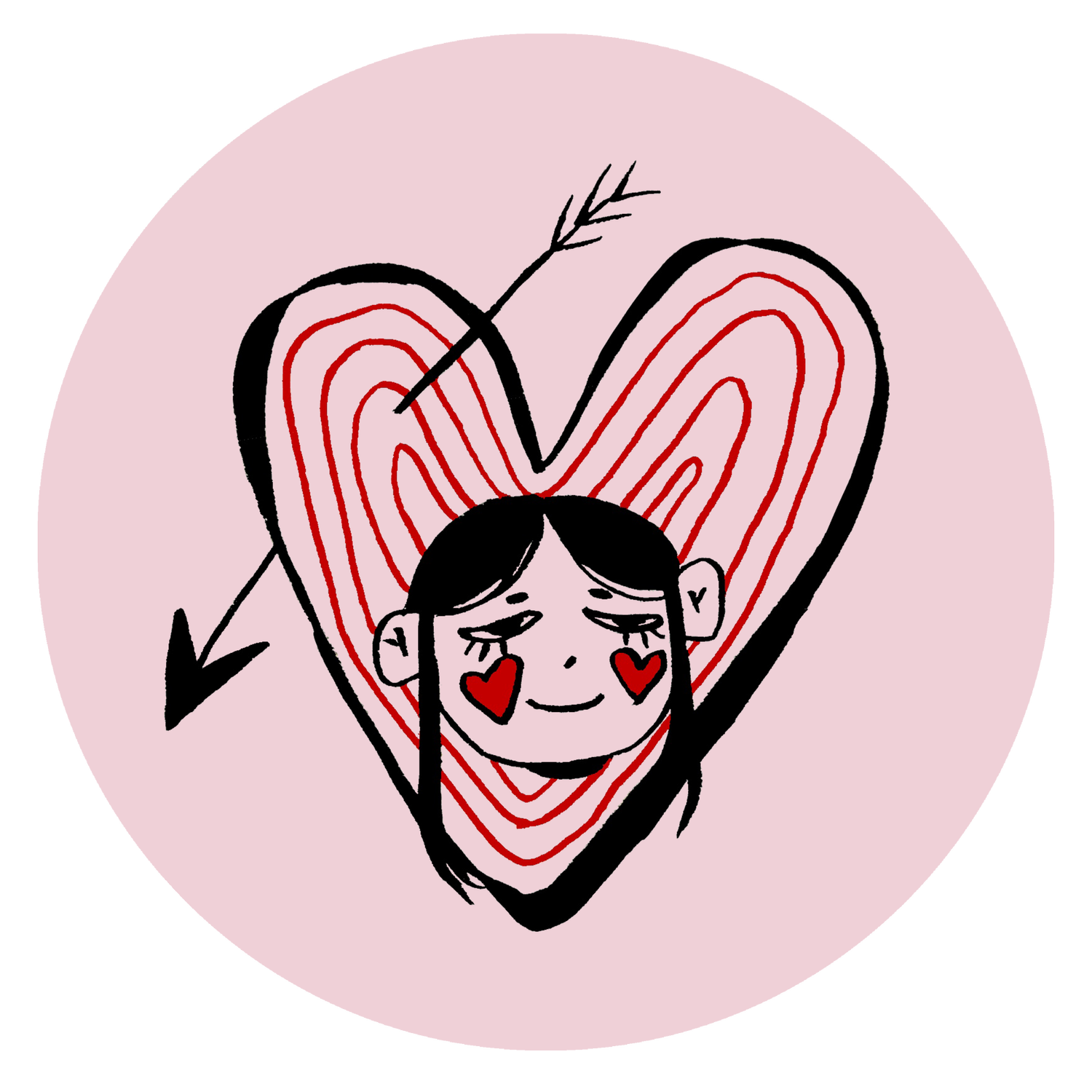‘Chinese’... but Don’t Forget the ‘American’
poet’s note
The story of my adoption was my bedtime story for as long as I can remember. I know it by heart: I was nine months old, and my parents flew all the way across the world to adopt me from China. I wriggled in my mother’s arms like a fish when she picked me up. My adoption day has always been celebrated like a second birthday, and I have always been proud to be adopted. I was adopted into a white family, so imposter syndrome is something I’ve struggled with my whole life. I didn’t grow up in a Chinese household speaking Mandarin and practicing all the customs.
A huge part of my life is being an accomplished martial artist and musician. While I don’t consider these traits part of my cultural identity, people have joked about them being intrinsic, that my talents are somehow genetically linked to my Asian heritage. It is mean and dismissive, whether or not people intend it to be that way. It only makes me feel like more of a fraud, impersonating a “real” Asian. “Of course you’re smart, you’re Asian. Of course you’re successful, you’re Asian.” Until recently, I hadn’t had a name for these types of remarks: microaggressions– which only further the model minority stereotype. As an adopted Chinese-American, I experience a duality of sorts; negativity relating to being part of the “model minority”, coupled with the struggle of identifying as Chinese in the first place. I find myself without a tangible piece of my culture to cling to. Although none of the self-education in the world on Chinese culture will replace that, I don’t wish to have grown up under different circumstances.
In these photographs, I strove to capture the turmoil and beauty of my cultural experience, and the difficult journey of self-acceptance. Imposter syndrome is an ugly, terrible feeling that I wouldn’t wish upon anyone. It twists your perception of yourself to the point where you question all of the achievements and progress you’ve made. You feel trapped, yet at the same time you feel like you’re on the outside looking in.
In the past couple of years, I’ve realized that it does me no good to question the validity of my ethnic identity. Instead of getting caught up on what I can’t control, I approach the world with confidence knowing that my unique background allows me to see past outward appearances and understand cultural differences. I’ve decided to focus on truly embracing and accepting that being Chinese-American is what defines my unique cultural experience.




